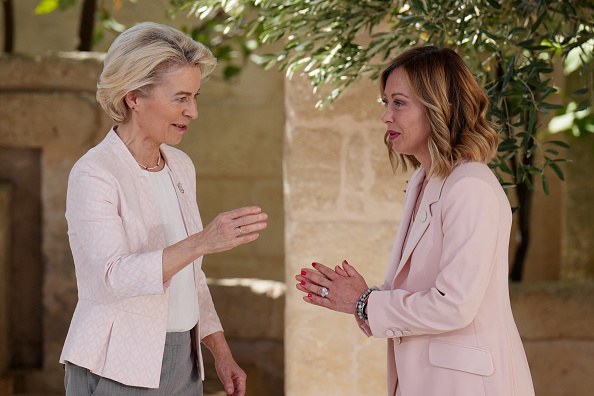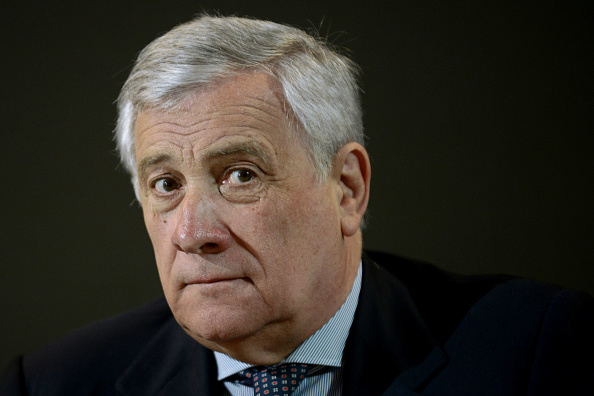Italian Prime Minister Giorgia Meloni has been quick to respond to the rule-of-law report published by the European Commission, which accused her of eroding freedom of information.
Freedom of information is not in danger in Italy and the government has not carried out “any interference in RAI’s [Italy’s public national broadcaster] governance”, was the message Meloni sent by letter to re-elected EC President Ursula von der Leyen following the report published on July 24.
Meloni claimed that the contents had been distorted for political purposes to attack her government, made up of the Fratelli D’Italia, Lega and Forza Italia parties.
The Italian Government has been accused by the opposition of censorship and partisan use of the public media under its control, especially the RAI.
The broadcaster’s main union, Usigrai, has called for a strike to “defend its independence”. At the same time, several journalists have reported being persecuted or harassed by pro-government media.
Ricardo Gutiérrez, General Secretary of the European Federation of Journalists (EFJ), claimed: “State propaganda invents the concept of ‘anti-Meloni journalists’ to describe journalists who oppose the Prime Minister.”
#Italia: la propaganda di Stato inventa il concetto di “giornalisti anti-Meloni” per descrivere i giornalisti che difendono la libertà di accesso all'informazione dei cittadini.@FnsiSocial @USIGRai @AlekRevenge @vditrapani @BeppeGiulietti @Artventuno @efjeurope
— Ricardo Gutiérrez (@Molenews1) July 30, 2024
Among these media outlets is Il Giornale, founded in 1974 as a counterpoint to the left-wing line adopted by Corriere della Sera.
Meloni said she saw these attacks as “clumsy and pretentious” and blamed them on the “fake news” environment in Europe.
She claimed that even the EU report was not free of misinformation.
Editorial changes at RAI had caused a number of staff to resign, with some suggesting that when it was controlled by the opposition there were no issues or complaints of alleged political interference.
That stance was the one taken by Meloni to justify her claims that the report’s criticisms were unfounded.
Italian Prime Minister Giorgia Meloni has arrived in China for the first time since she took office in 2022, tasked with improving her country's trade balance with the Asian giant. https://t.co/0FoR3ZriYP
— Brussels Signal (@brusselssignal) July 26, 2024





